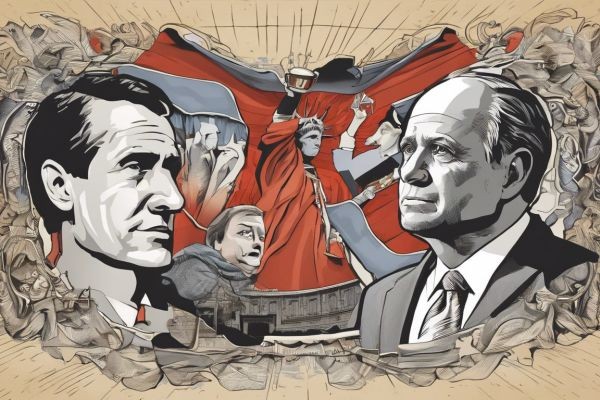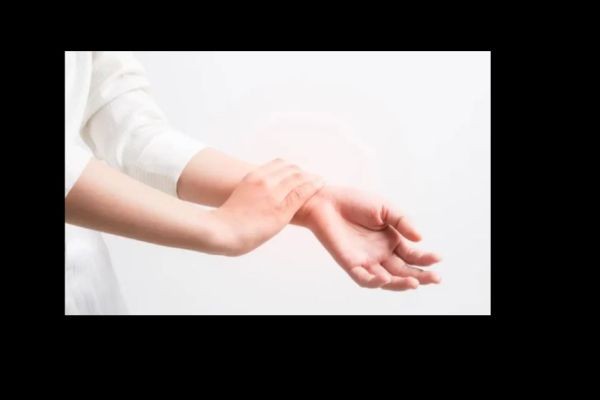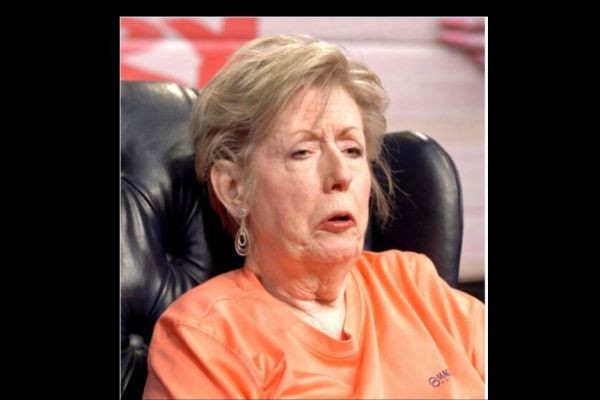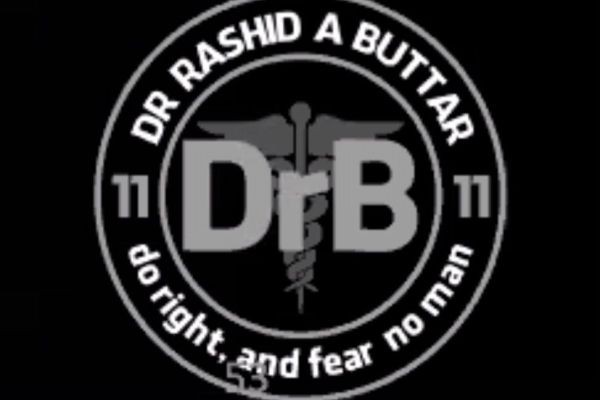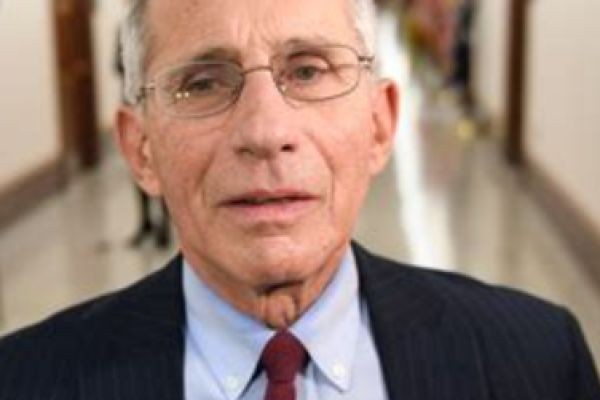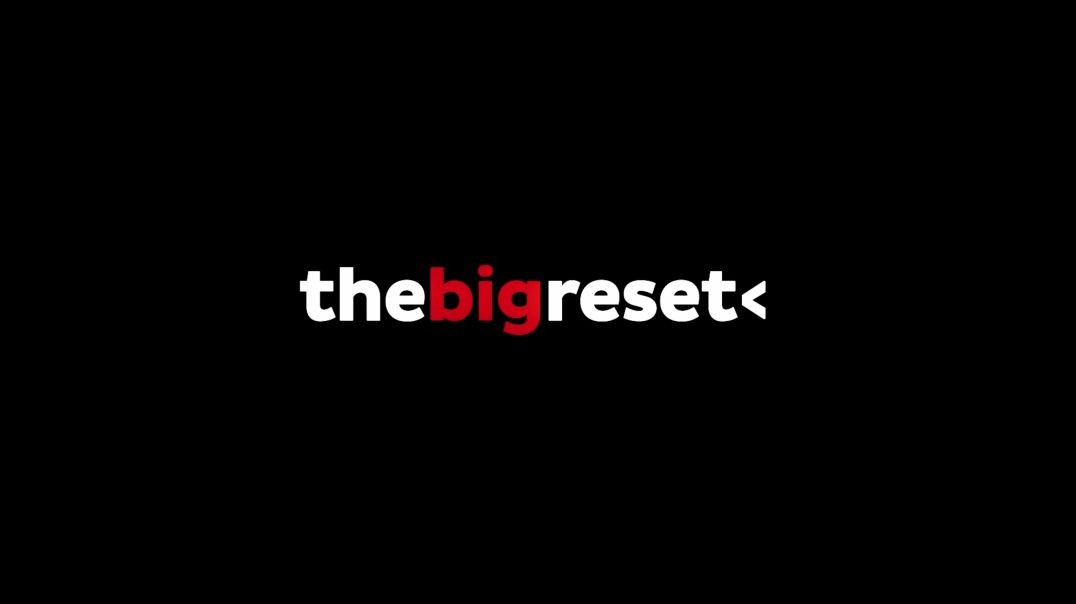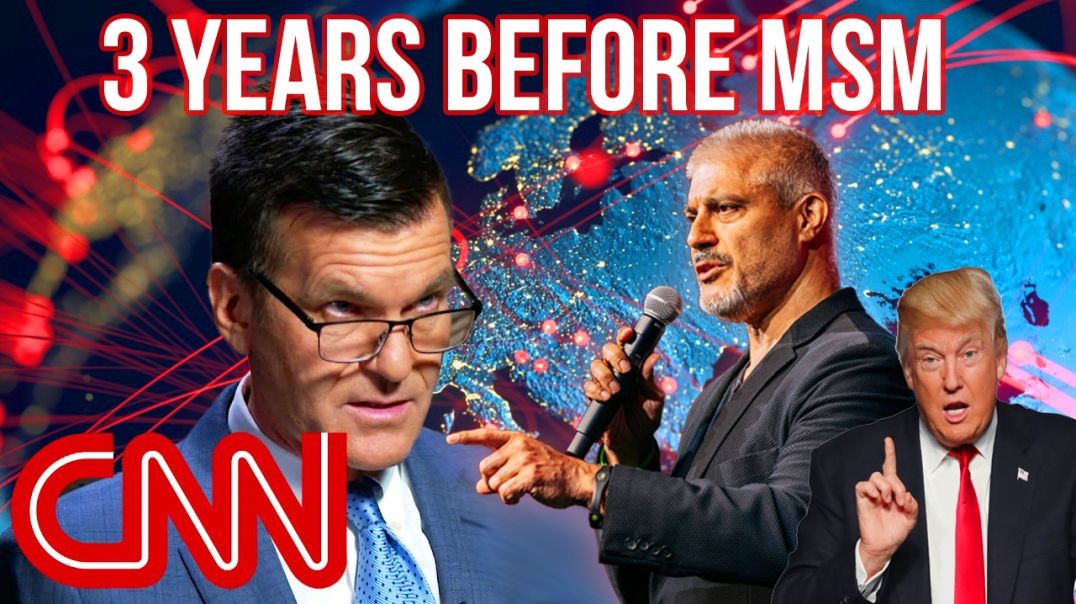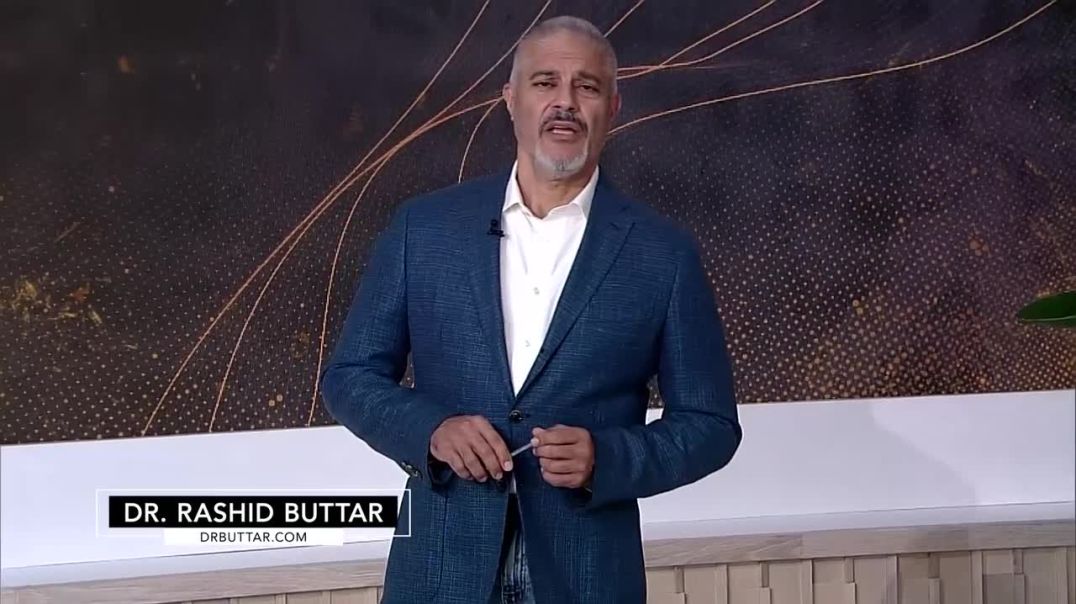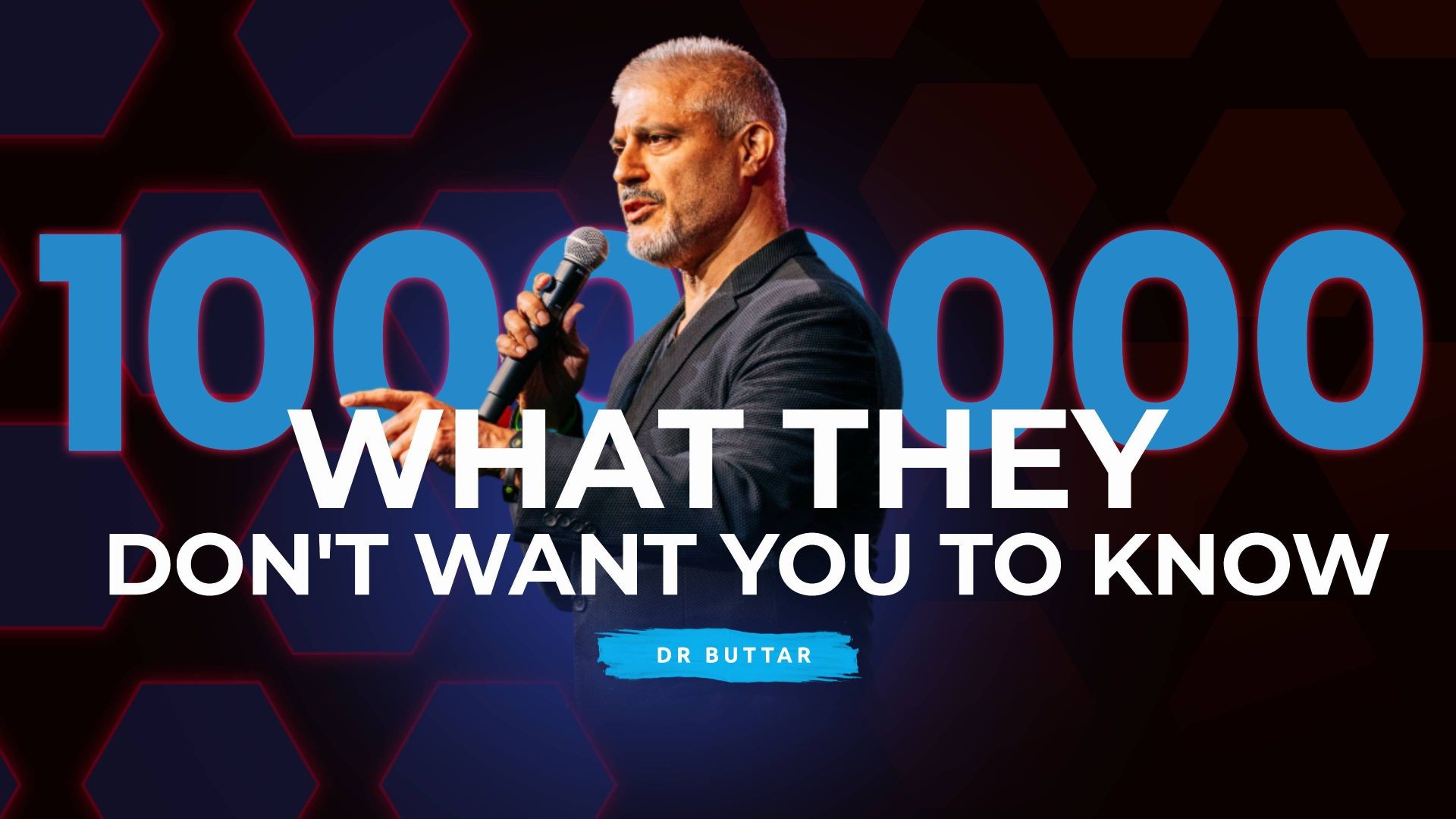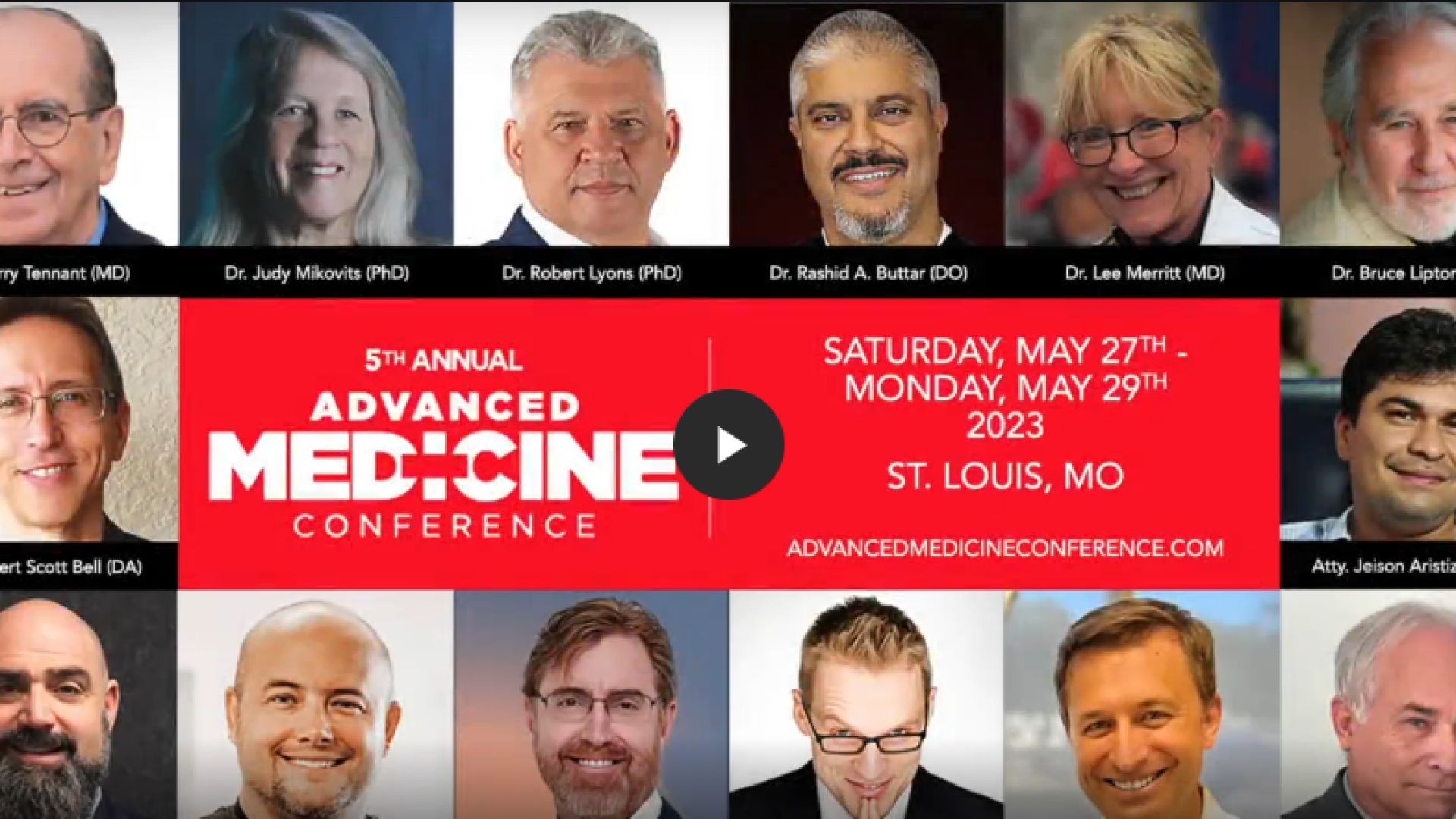by - L. Richardson
In the ideological battlefield, a startling revelation has emerged—liberals harbor a deep-rooted prejudice against conservatives, undermining the myth of what is commonly perceived as 'liberal open-mindedness. ' This term, often used to describe the liberal stance on various issues, is being challenged by our groundbreaking study, which exposes liberal double standards in political bias, shattering the notion of their proclaimed tolerance.
The research delved into how liberals and conservatives assess professional attributes, personal character, and job suitability based on subtle cues of political orientation. Conservatives faced relentless discrimination, with even the slightest hint of their ideology prompting liberals to torpedo their applications indiscriminately. This 'Liberal Bias Rampant in Employment, 'which our study's findings suggest is a prevalent and concerning phenomenon, serves as a harsh truth about liberal intolerance. It exposes the 'Conservatives Unfairly Targeted in the Job Market due to Ideological Warfare in Job Applications, a reality that is often overlooked in discussions about political bias in employment.
Study Methodology
The researchers undertook a meticulous and rigorous approach to uncover the liberal bias against conservatives. The controlled experiment was carefully crafted to ensure the validity and reliability of the findings, instilling confidence in the robustness of the study.
Constructing Ideological Profiles
- Four Facebook pages were created, two representing a conservative ideological stance and two portraying a liberal viewpoint.
- One page featured memes within each pair, while the other contained textual content.
- The conservative pages included pro-Donald Trump and anti-socialism content, mirroring the liberal pages' anti-Trump and pro-socialism messaging.
- The memes and texts from opposing ideologies were crafted to be as similar as possible, reflecting contrasting political views.
Simulating Job Evaluations
- Participants, a diverse group of individuals from various professional backgrounds, were presented with a cover story. The researchers, industrial/organizational psychologists, were developing an algorithm to assist employers in hiring for entry-level white-collar positions. This diverse participant pool was crucial in ensuring a comprehensive understanding of the biases present in the job market. They were tasked with helping to train the algorithm by reviewing potential employees' social media for job suitability.
- The system then randomly selected one of the four Facebook pages and presented it as allegedly belonging to a job applicant. The 'subtle cues' used in the study included specific phrases, images, and political affiliations designed to reflect the nuanced ways political ideology can be expressed on social media. Participants were asked to assess the applicant's skills, character, and suitability for the job based on the assigned page.
Ensuring Thorough Evaluations
Evaluation Metric / Value
Average time spent reviewing the page / 65 seconds.
Percentage of participants who spent less than 10 seconds / < 10%
The study's methodology aimed to test the assumptions of political asymmetry and the propensity for ideologically motivated aggression between liberal and conservative groups. While the initial findings shed light on how political ideology affects assessments, the researchers acknowledged limitations and planned further investigations, including:
- Evaluating résumés and personal statements with subtle ideological cues.
- Conducting more direct tests where evaluations could impact a target person's professional opportunities.
The researchers were particularly interested in exploring how liberals might view even subtle clues of conservative affiliation as grounds to "torpedo" an individual's job prospects, further exposing the liberal double standards in political bias [2].
Key Findings
Exposing Liberal Hypocrisy
The study's findings shattered the myth of liberal open-mindedness, revealing a startling level of bias against conservatives. While both liberals and conservatives assessed individuals whose ideology aligned with their own more favorably, the difference in evaluations was much more pronounced among liberal participants. This 'liberal double standard' refers to the tendency of liberals to hold conservatives to a higher standard than they hold themselves. In contrast, 'conservative bias' is the term used to describe the tendency of conservatives to favor their own ideological group. Shockingly, the gap between assessments given to liberal and conservative applicants was three times higher on average when liberals were the evaluators.
"I was shocked that the level of liberal bias against conservatives was nearly three times greater than the level of conservative bias toward liberals," said the study author, Robert D. Ridge. This finding directly contradicts the ideological asymmetry hypothesis, which suggests that conservatives are more prejudiced than liberals [3].
Liberal Duplicity Unmasked
Ironically, liberal participants claimed that conservatives were much more prejudiced than liberals. In contrast, conservatives did not attribute any more prejudice to liberals than to conservatives. This assertion starkly contrasts popular opinion about liberals and conservatives in the media and empirical literature.
Evaluation Metric / Liberals / Conservatives
Perceived Prejudice / High / Low
Actual Prejudice / High / Low
The results indicate an apparent disconnect between liberal self-perception and reality, exposing their hypocritical stance on open-mindedness and tolerance.
Subtle Cues, Severe Consequences
Further research by the team suggests that liberals are more likely to view even the most innocuous references to conservative affiliation in job résumés as an excuse to 'torpedo' an individual's chances of getting a job. This alarming finding highlights the severe consequences of liberal bias, which can lead to the exclusion of highly qualified individuals from job opportunities, thereby undermining the principles of fairness and equal opportunity in professional spheres [4].
Ideological Asymmetry vs. Worldview Conflict
The ideological asymmetry hypothesis posits that conservatives might possess inherent traits that predispose them to prejudice and authoritarianism, rendering them more biased than liberals. However, these views capture the complexities of human psychology and the multifaceted nature of ideological conflicts.
Challenging the Asymmetry Myth
- Numerous studies have challenged the notion of ideological asymmetry, revealing that liberals are equally susceptible to engaging in activities such as science denial when scientific findings contradict their political attitudes.
- Both liberals and conservatives exhibit a tendency to dehumanize their ideological opponents, undermining the claim that liberals are inherently more open-minded or tolerant.
- The study's findings directly contradict the ideological asymmetry hypothesis, as liberal participants displayed a significantly higher level of bias against conservatives compared to the bias exhibited by conservatives toward liberals.
Worldview Conflict: A Deeper Divide
The true divide between liberals and conservatives extends beyond mere ideological differences, a clash of fundamental worldviews. This conflict manifests itself in various aspects, including:
Aspect / Liberals / Conservatives
Value Priorities / Emphasize change, self-expression / Prioritize tradition, security
Moral Foundations / Focused on harm/fairness / Encompass loyalty, authority, purity
Threat Perceptions / Perceive societal change as progress / View change as a threat to stability
These contrasting worldviews shape how individuals process information and form judgments, leading to divergent interpretations of reality and, consequently, heightened tensions between the two ideological camps.
Subtle Cues, Severe Consequences
The study's alarming findings reveal that even subtle cues of conservative affiliation in job résumés can serve as grounds for liberals to "torpedo" an individual's chances of getting a job. This disturbing reality highlights the severe consequences of liberal bias, undermining the principles of fairness and equal opportunity in professional spheres.
The liberal propensity to discredit conservatives based on mere ideological affiliations is a stark reminder that the battle between liberals and conservatives is not merely a clash of political ideologies but a more profound conflict of worldviews. This revelation should provoke a deep reflection and introspection, challenging the audience to reevaluate their understanding of liberal claims to open-mindedness and tolerance.
Conclusion
The groundbreaking study has unraveled a startling truth – liberals harbor a deep-rooted prejudice against conservatives, undermining the very notion of liberal open-mindedness they claim to uphold. The findings shatter the myth of liberal tolerance, exposing a double standard in political bias that disproportionately targets conservatives. The ideological asymmetry hypothesis, which suggests conservatives are inherently more biased, has been thoroughly challenged, revealing a clash of fundamental worldviews as the true root of the divide [5].
Conservatives must remain vigilant, for even the subtlest cues of their ideological affiliation are enough for liberals to torpedo their job applications and discredit their professional prospects [1]. This alarming revelation calls for a reevaluation of liberal claims to tolerance and a renewed commitment to ensuring fairness and equal opportunity in all spheres of life, regardless of one's political leanings.
FAQs
What distinguishes conservative from liberal response biases?
Response bias is the tendency to favor one type of response over another [6]. A "liberal" recognition bias is when someone is more likely to say they recognize a stimulus that they may not have actually encountered before. Conversely, a "conservative" bias is when an individual errs on caution, claiming a stimulus is new even if it might not be.
How has the ideological divide between liberals and conservatives in the U.S. changed over time?
The ideological divide between liberals and conservatives in the United States has significantly widened. Between 1994 and 2014, the proportion of Americans holding consistently liberal or conservative views increased from 10% to 21%. Additionally, while in 1994, the average Republican was more conservative than 70% of Democrats, by 2014, they were more conservative than 94%.
Can you explain the concept of conservatism bias?
Conservatism bias is the inclination to favor existing evidence or beliefs over new information that could alter one's viewpoint. This bias stems from a reluctance to change one's opinion or beliefs in light of new evidence.
Are liberals and conservatives different in terms of negativity bias?
Negativity bias, the propensity to focus on negative rather than positive information, does not correlate with political orientation. In the sample studied, there was no significant link between negativity bias and whether one is liberal or conservative.
References
- https://www.politico.com/news/magazine/2022/02/03/liberal-biases-workplace-discrimination-00005767
- Neuroimaging study reveals different brain mechanisms in anxious vs. non-anxious individuals – World Indipendent. https://worldindependant.com/neuroimaging-study-reveals-different-brain-mechanisms-in-anxious-vs-non-anxious-individuals/
- Common Core Articles - Breitbart. https://www.breitbart.com/tag/common-core/
- Could ESG metrics be used to silence conservatives? - ScoonTv. https://www.scoontv.com/could-esg-metrics-be-used-to-silence-conservatives/
- Takakura, S. M. (2003). (Mis)Recognition and changing roles: A lacanian reading of Henry James's the turn fo the screw. https://core.ac.uk/download/30366746.pdf
- Kretchman, D. (2002). Factors Affecting Performance on the Lahi- A Complex Continuous Performance Task. https://core.ac.uk/download/231833734.pdf
- https://www.infowars.com/posts/liberals-three-times-more-biased-about-their-opponents-than-conservatives-new-study-claims/
- https://www.tandfonline.com/doi/full/10.1080/00224545.2024.2316619
- https://www.psypost.org/liberals-three-times-more-biased-than-conservatives-when-evaluating-ideologically-opposite-individuals-study-finds/
